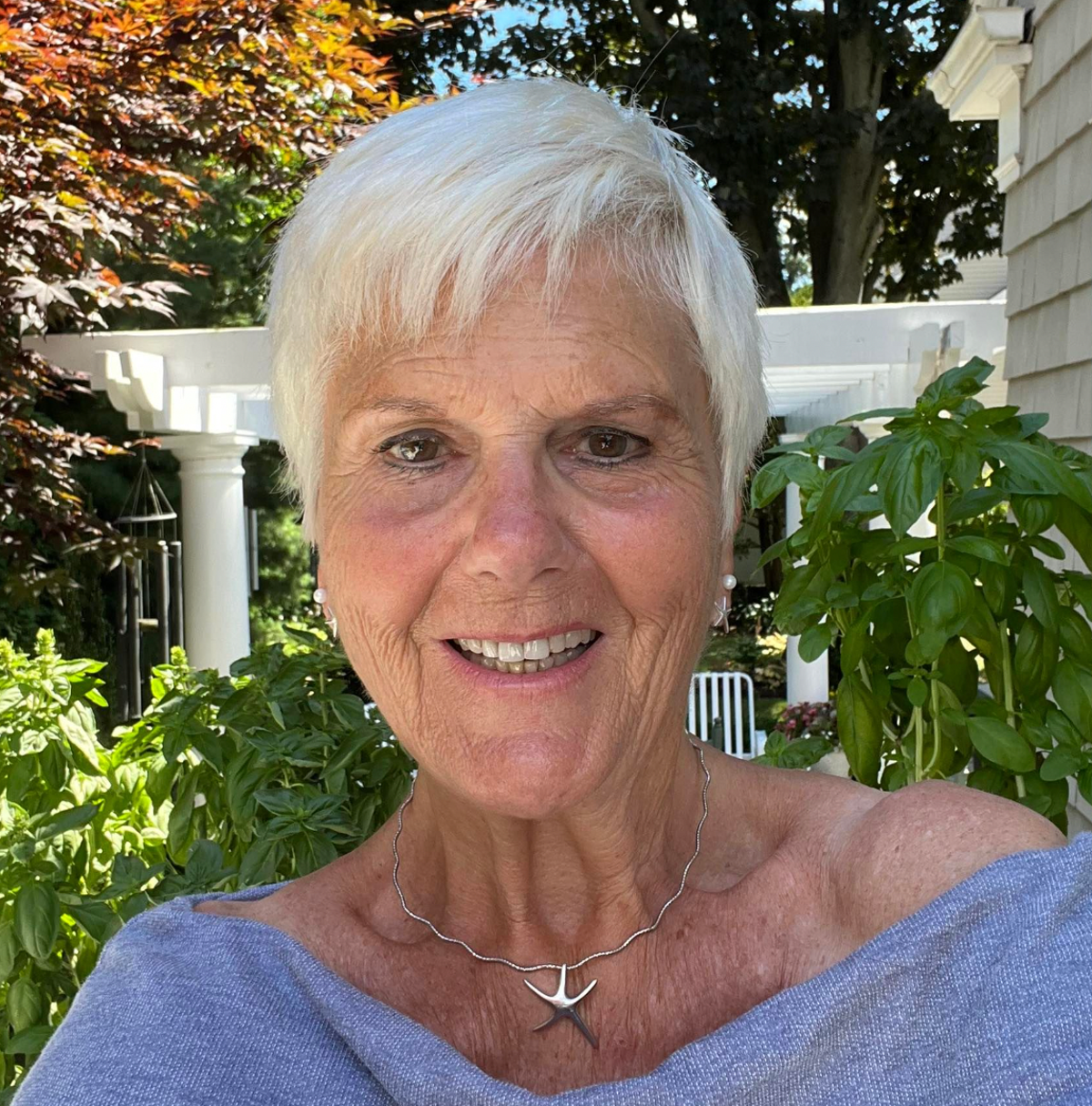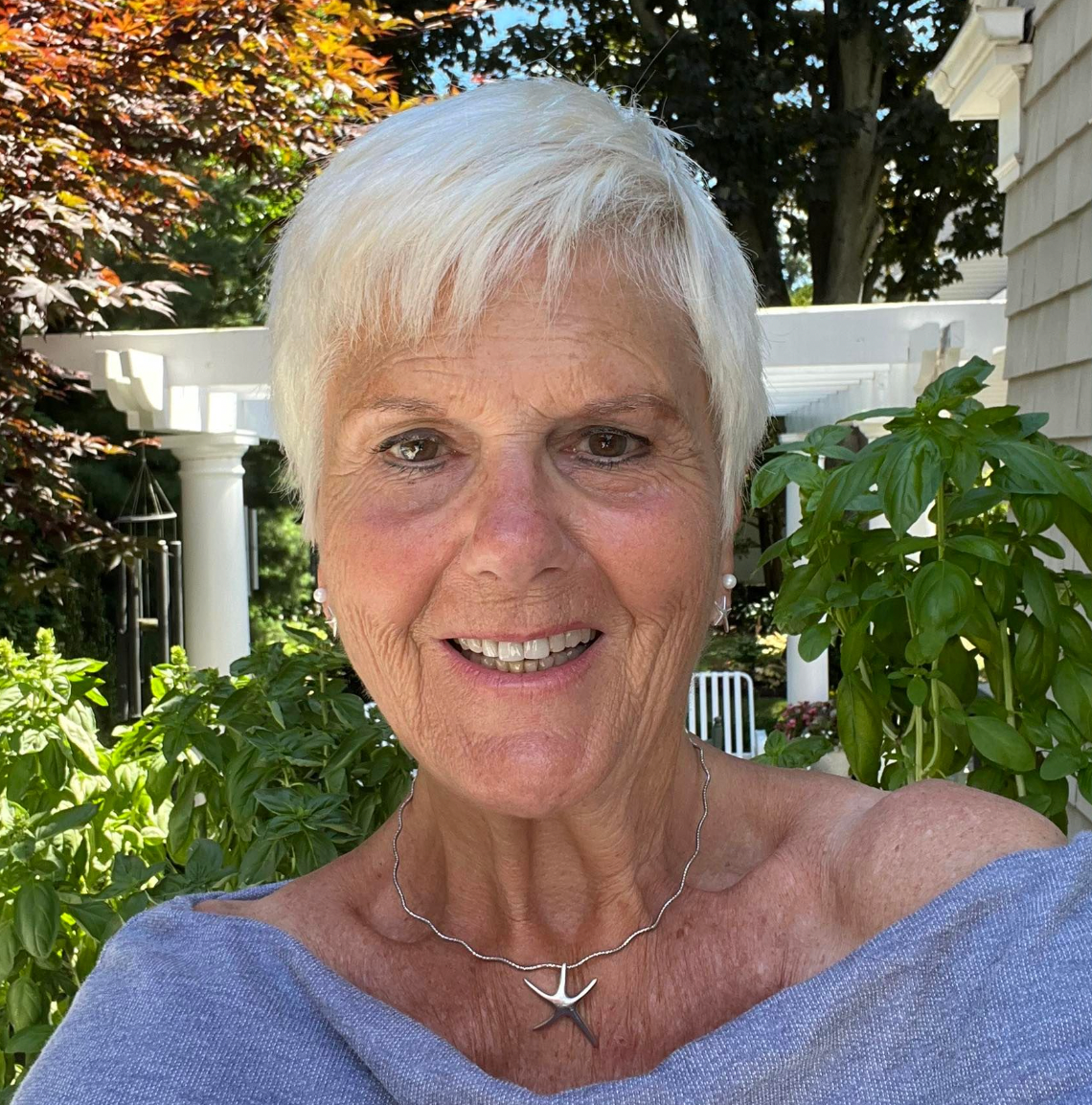
A Connecticut woman with terminal cancer has sued the state of Vermont for only granting assisted suicide rights to its residents.
Lynda Bluestein, 70, argues in a lawsuit filed on Thursday that Vermont violates the US constitution by making residency one of the requirements to access euthanasia. Ms Bluestein filed the lawsuit with Dr Diana Barnard, who is licensed to practice in Vermont.
Ms Bluestein, of Bridgeport, told CBS that although she also doesn’t yet meet the city’s second requirement —having fewer than six months of life expectancy — she is determined not to lose control over her end-of-life care after she was diagnosed with her fourth, and this time terminal, bout of fallopian tube cancer
In the lawsuit, obtained by The Independent, Ms Bluestein said she was severely affected to see her mother agonizing before dying of cancer in 1979, only for her to also witness her father’s demise before he died from end-stage chronic obstructive pulmonary disease.
“[My mother] said, “I never wanted you to see me like this.’ I don’t want my children to see me like that, either,” Ms Bleustein told CBS. “I’d like their last memories of me to be as strong as possible, to interact with them and not in an adult diaper curled up in a fetal position, drugged out of my mind.”
In 2013, Vermont became the fourth state in the country to allow qualified patients to obtain a lethal prescription from their physician when it passed the Patient Choice and Control at the End of Life Act.
Ms Bluestein, a former public health worker and advocate, was given a best-case prognosis of three years in 2021 when she was diagnosed with cancer after going into remission three times before.
She lives within driving distance from Vermont but cannot benefit from the act because she is not a resident of the state, which goes in direct violation of constitutional rights, her lawsuit alleges.

“Ms Bluestein has lived a happy and meaningful life and does not want to die. Should her suffering become unbearable, however, she wishes to have the option of medical aid in dying available to her,” the lawsuit states.
It is also stated in the lawsuit that Ms Bluestein recently witnessed a close friend struggle with the act. She told CBS her friend had to establish residency to receive the lethal treatment.
She died earlier this year.
“Every other day or so, she’s telling me, she said, ‘Don’t wait until the end,’” Ms Bluestein told the outlet.
The lawsuit, filed with the help of Compassion and Choices, alleges that the act requirement also prevents Dr Barnard from treating “her non-resident patients with care consistent with her best medical judgment at one of the most important moments in their lives.”
Ms Bluestein said she wants to find a physician in Vermont in the case she becomes severely ill by the time she meets the life expectancy requirement.
“Ms Bluestein does not want to - and, indeed, cannot - wait to start this legal process only after such an unfortunate eventuality and, as a consequence of such delay, thereby lose any hope of timely accessing her desired end-of-life care,” the lawsuit states.







